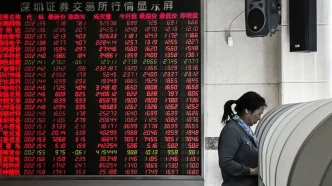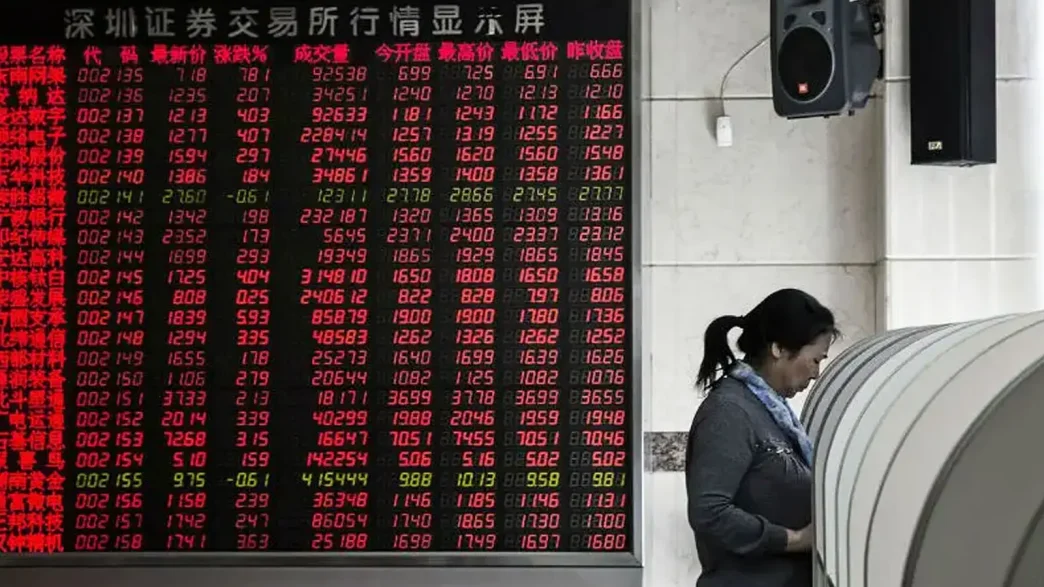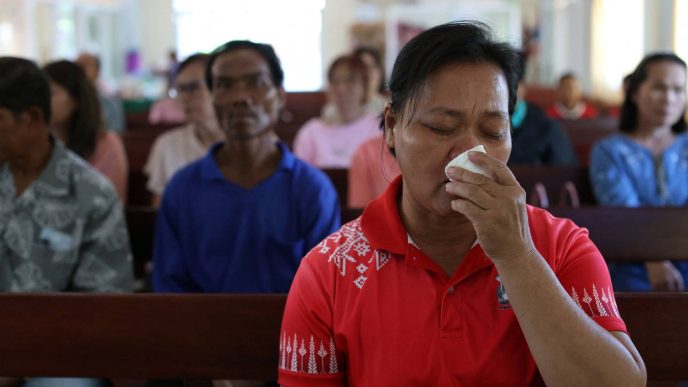Taiwan’s Taiex has emerged as Asia’s best-performing stock market index in 2024 after surging 28.85%. (File pic)
PETALING JAYA: Taiwan’s Taiex has emerged as Asia’s best-performing stock market index in 2024 with Hong Kong’s Hang Seng Index in second place, and the FTSE Bursa Malaysia KLCI (FBM KLCI) coming in at a commendable sixth spot.
As at Dec 23, the Taiex was up 28.85% for the year, Hang Seng (16.63%), and FBM KLCI (9.73%). At No 3 was Singapore’s Straits Times Index (15.78%), followed by Japan’s Nikkei 225 (15.65%) and China’s CSI 300 Index (14.64%), according to a list compiled by CNBC yesterday.
Rounding up the top performing bourses in Asia were India’s Nifty 50 (9.28%) and BSE Sensex (8.69%), and Australia’s ASX 200 (8.05%)
However, South Korea’s Kospi Composite Index, which tumbled 8.03%, suffered the ignominy of being Asia’s worst-performing market. The Jakarta Composite Index was also a laggard, losing 2.42%, while Thailand’s SET was down 2.04%.
Investors’ strong appetite for tech and tech-related stocks helped lift the the Taiex, with its tech heavyweights Taiwan Semiconductor Manufacturing Company (TSMC) surging 82% and key Apple supplier Foxconn, trading as Hon Hai Precision Industry, soaring 78%.
While the tech and artificial intelligence (AI) boom helped lift Taiwan stocks, they made little headway in South Korea, the only major Asian market to end the year in negative territory.
It has been a dismal year for Korean stocks, with the so-called “Korea discount” in its stock markets widening compared to other global peers. The country’s recent political upheaval is expected to entrench this phenomenon.
The “Korea discount” refers to South Korean stocks trading at lower valuations relative to regional peers due to investors’ concerns over issues such as corporate governance at family-owned conglomerates, or “chaebols”, that have an outsized influence on its economy.
The top chaebols include heavyweights such as Samsung Electronics, LG, SK and Hyundai.
The recent political turmoil has further worsened investors’ sentiment, with the impeachment of president Yoon Suk Yeol following his declaration of martial law on Dec 3 weighing on investors’ minds.
Uncertainty in 2025
While it has generally been blue skies for Asia’s top stock markets, including Bursa Malaysia, in 2024, there is an air of uncertainty for 2025, analysts said.
Japanese financial services group Nomura forecasts Asia will have to navigate tighter global financial conditions in 2025, due to higher interest rates and a stronger dollar. Its analysts ominously wrote that “turbulence lies ahead for the region”.
They said while strong AI demand and export frontloading should provide some growth support in the first quarter, the region “appears headed for rougher seas” from the second quarter, due to the impact of the Donald Trump presidency, China’s overcapacity and a slowing semiconductor cycle.
Nomura, however, sees growth outperformance in Asian economies with stronger domestic demand buffers such as Malaysia and the Philippines while India, Thailand and South Korea are likely to face headwinds.
The state of China’s economy is seen as a key focus area for investors as its health or decline will impact its trading partners in Asia, and their stock markets.
Nomura analysts expect more stimulus from China to support its economy, while highlighting that Beijing needs to stabilise its battered property market, fix its fiscal system, and ease geopolitical tensions to achieve a real and sustainable recovery.
The FBM KLCI, which ended 2023 at 1,454.66 points, closed at 1,596.20 yesterday. The index, jointly operated by FTSE and Bursa Malaysia, composes the 30 largest companies on the bourse by market capitalisation.













